Sainsbury’s has announced a 1.1% fall in like-for-like retail sales in its third quarter, which included the Christmas period.
Its third quarter trading statement revealed grocery sales and groceries online grew 0.4% and 6% respectively over a 15-week period to 5 January, but general merchandise sales declined by 2.3%. Total retail sales excluding fuel fell by 0.4%.
However, total sales via the group’s chain of convenience stores rose by 3%, although it has not disclosed like-for-like Sainsbury’s Local sales. It opened three supermarkets and four new convenience stores in the quarter.
Sainsbury’s group chief executive, Mike Coupe, warned that the consumer outlook “continues to be uncertain”.
“Sainsbury’s is focused on offering distinctive food at great prices. Grocery sales were solid across the quarter and our price position versus our competitors improved, with our £9 turkey crowns and 30p vegetables proving particularly popular. Groceries Online continues to perform well and, including Argos, 20% of the group’s sales started online,” he said.
“General merchandise sales grew strongly over the key Christmas weeks and outperformed the market over the quarter. Sales declined in the quarter due to cautious customer spending and our decision to reduce promotional activity across Black Friday. Clothing performed well, with strong full price sales growth in a tough market.
“Retail markets are highly competitive and very promotional and the consumer outlook continues to be uncertain. However, we are well placed to navigate the external environment and remain focused on delivering our strategy.”
The figures contrast with a rise in Morrisons like-for-like sales of 3.6% for the nine weeks to 6 January.
Commenting on the Sainsbury’s results, Retail Economics chief executive, Richard Lim, said: “These results aren’t disastrous but demonstrate the significant challenges faced by the big grocers. Fiercer competition from the discounters, massive price investment from key competitors and shifting shopper behaviour have created a pressurised trading environment. Market share continues to slip away to the German discounters.
“The decline in non-food reflects the wider slowdown in consumer confidence as cautiousness shown towards discretionary spending. Hard-fought sales in a heavily-discounted environment will put profitability under further pressure.
“The industry is amid a painful readjustment. With such seismic changes afoot, the relationship between retailers, wholesalers and further down the supply chain could result in game-changing consolidation within the industry. The focus in 2019 will be on changing supply chain dynamics which could see further consolidation and collaboration as the drive for efficiency is necessitated by scale.”




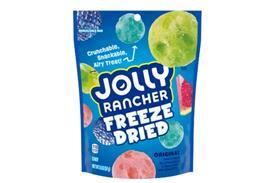



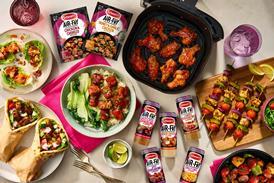
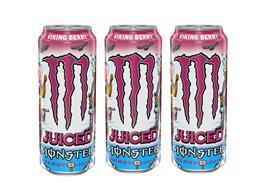
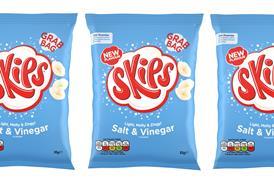









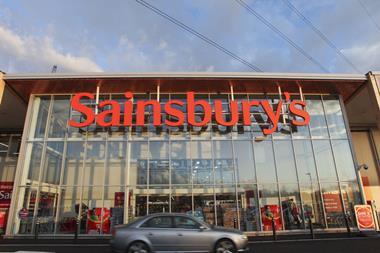
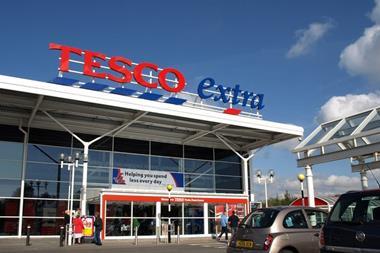
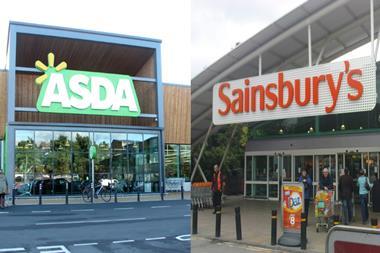






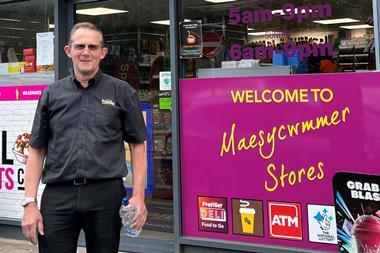
No comments yet